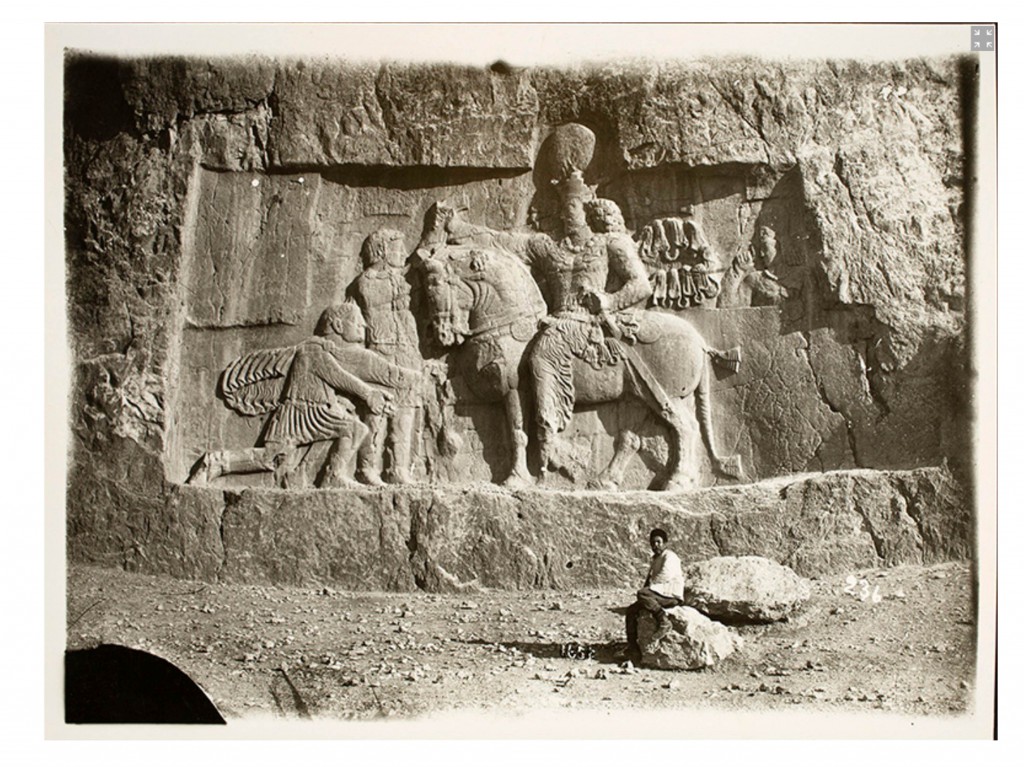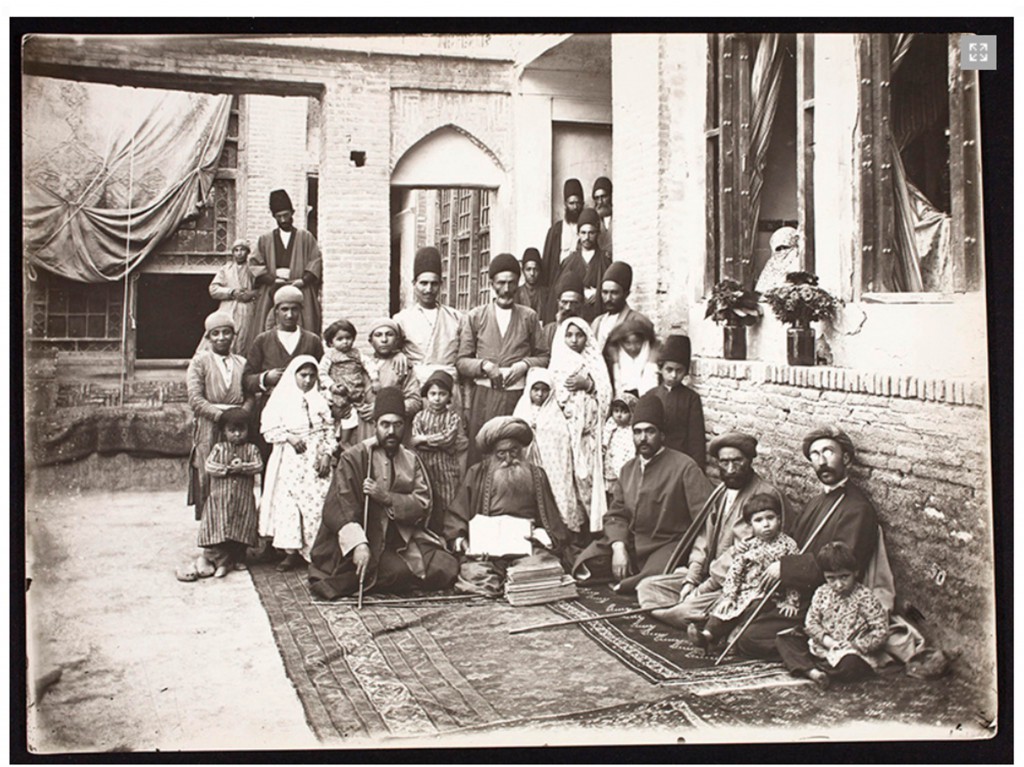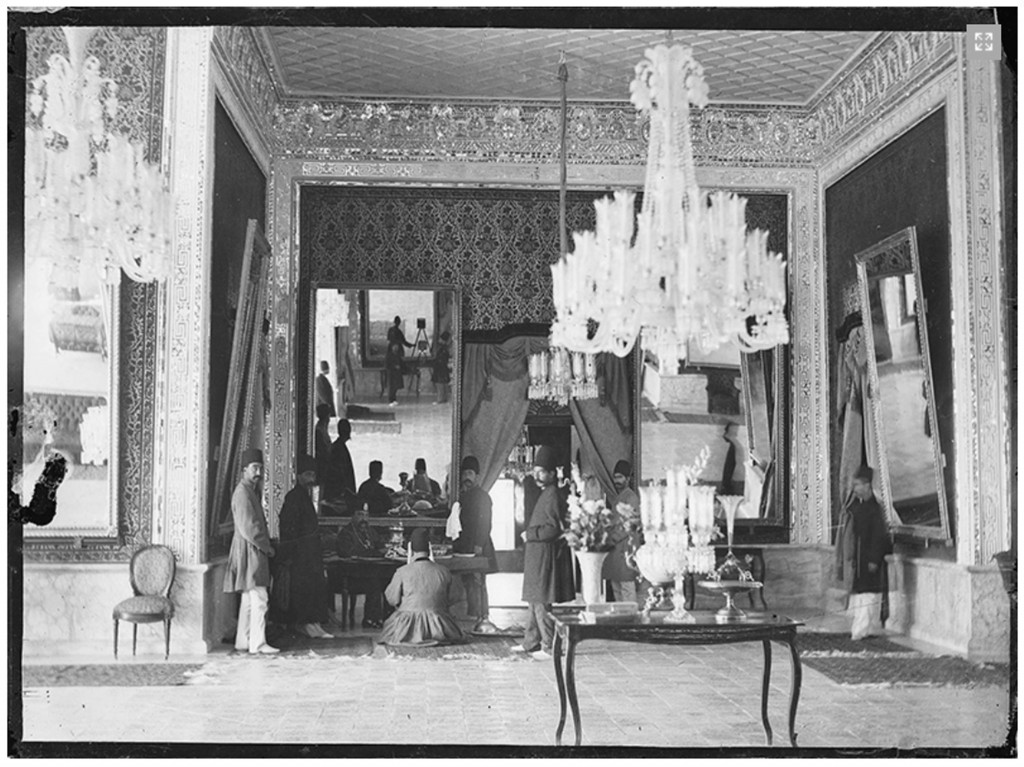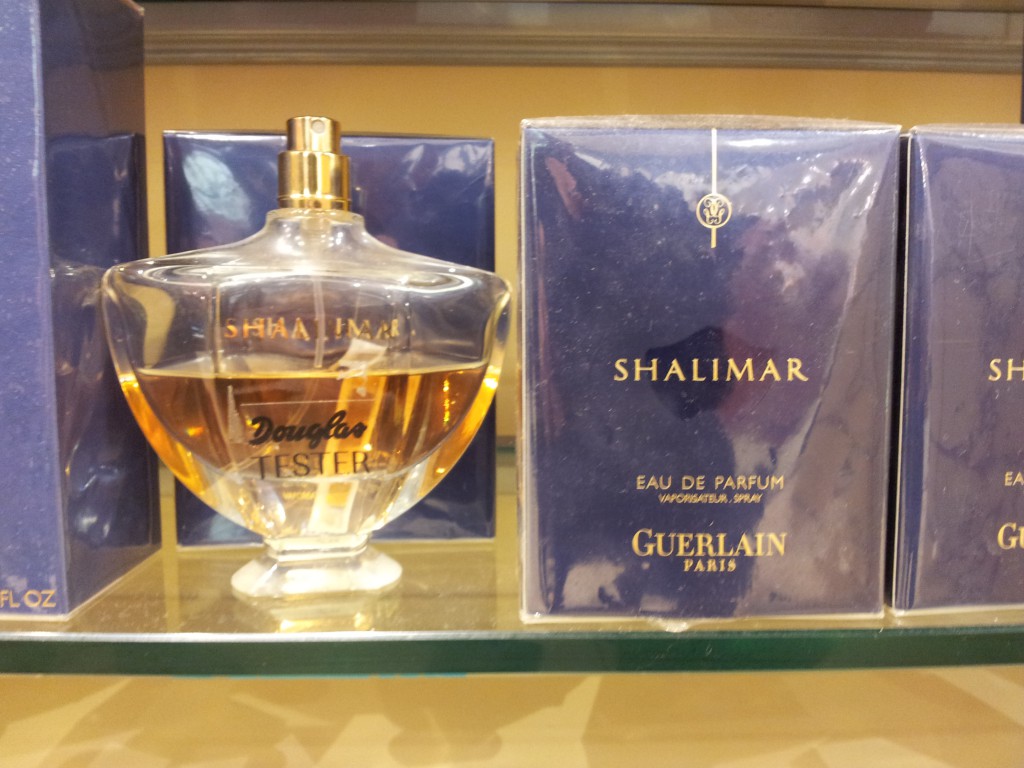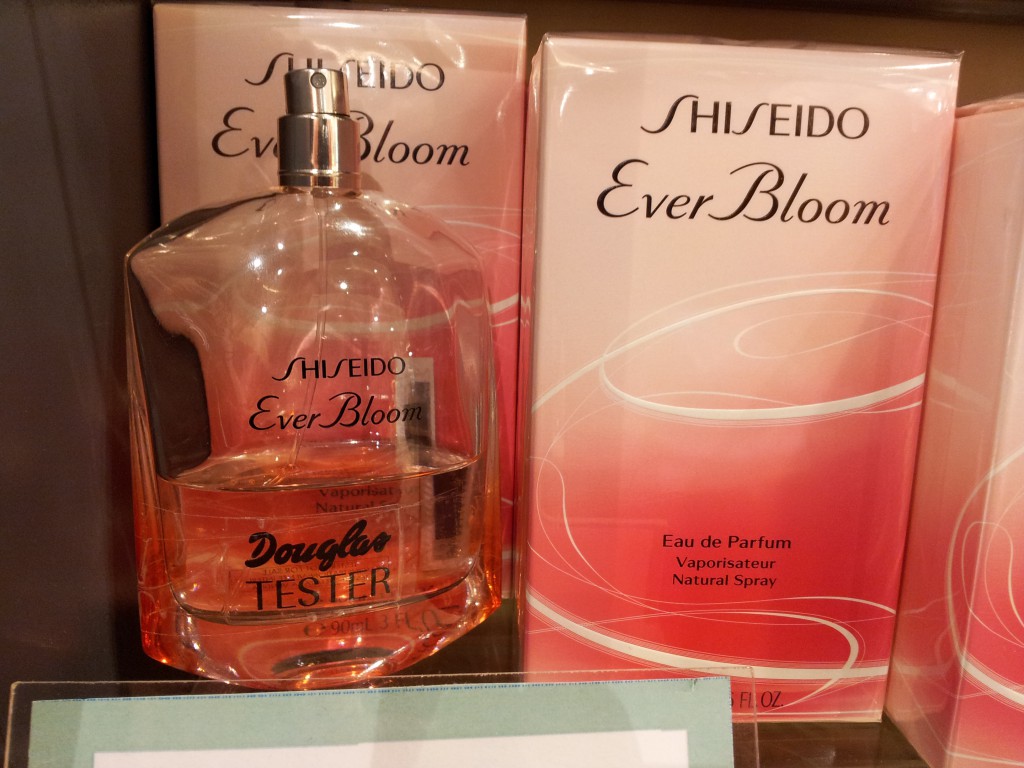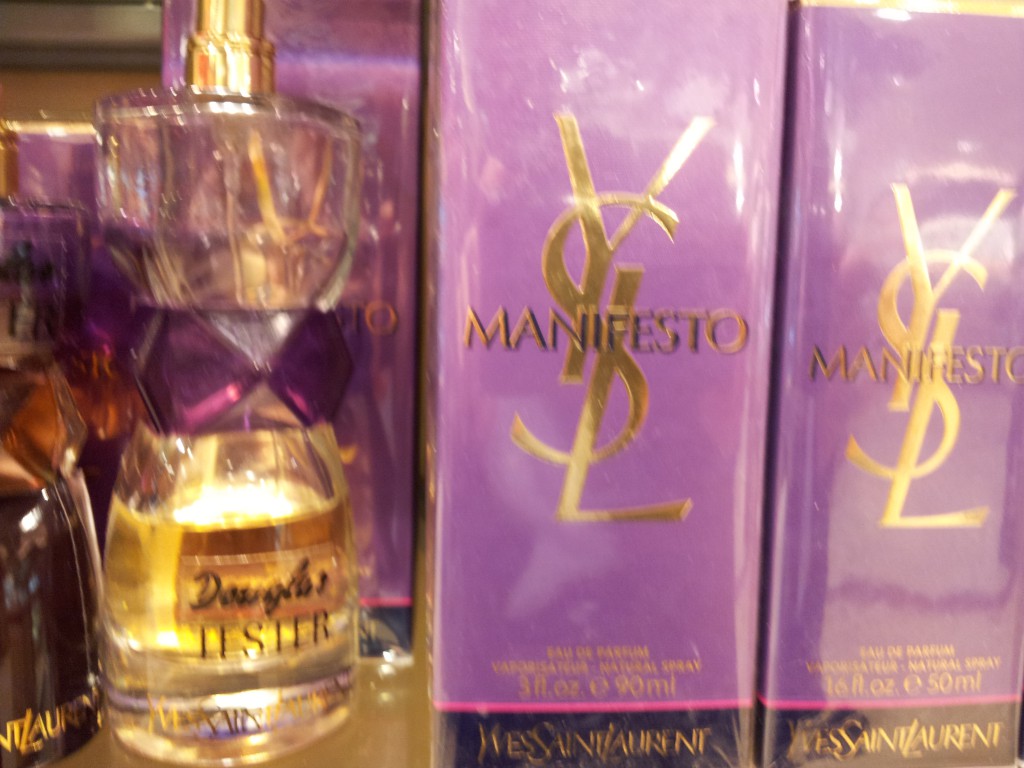In New York it is still The 24th of May, and hence still on time to commemorate Bob Dylans birthday. I had to think about his song “A Hard Rain’s gonna fall” today, when somebody at our institute told me about the soon beginning of the muslim Ramadan. This year it will be right in the middle of summertime, and I can not imagine how one can live and work more than 12 hours in the summer heat with no drinking.
But maybe a relief could come from heaven itself. If during Ramadan a summer rain starts, and one believes in a higher deity, than he/she can assume that this rain is send by God, right ? So is it o.k. than to lick the rain drops from ones lips ? I mean from ones owns lips !! Maybe I should ask somebody of the large Arab carawanes, for whom Munich serves as a summer camp, with medical treatments and endless shoping facilities. Could it be that they like to come here during Ramadan, for the high chance to get some rain in June or July, and liking the raindrops from their lips ?
Rain drops on lips
Summer Nuisance
A reply to “High on Words: London Spring”
Seems there is little chance to escape the nuisance of spring. and don’t excpect any relief when summer comes. I remember a day in August, hoping to find some tranquility in Richmond Park. But soon I felt annoyed by a strang clapping sound, as if millions of elves were beating the dust off their tiny bedside rugs. The real cause, however, was much more secular: It appeared that thousands of butterflies (perhaps from Spain or Italy, who cares) made this noise with their blue wings.

I think there should be an ammendement written to the Rules for Richmond Park Visitors: “Butterflies are kindly ask to avoid any intense clapping sound with their wings between 1 and 6 p.m.”
Lars, my swedish friend …
I know that there is nobody on Lars Gustafssons blog any more to edit the comments. I am extremely sad that one of the greatest literature spirits of our modern world had passed away. It is just a week ago that I had such a nice time when I found your latest novel “Dr. Waters recepie” in the book shop. We will desperately miss your wonderful words, your phantasy that explained to us the mysteries of the world a little bit better.

Dead white Rose
It was always clear that Axl Rose was nothing but a poser (in his youth). With his skinny, bony, sweaty body barely covered in filthy XXXL underwear, he might have managed to frighten some audience, so they just overheared his creepy voice. Now with all the signs of an aged, worn out body, he is simply making a fool of himself by trying to practice the same old habits on stage like he did 20 years ago. Soon he will join the Zombie faction of dead white males.
Sunday morning anti-religious service
It is Sunday morning, and as every time I just passed along the church (while doing the walk with our dog), that only during these 2 hours is open and visited by the people from the village around. They use to “fulfill” their christian duty, by gathering there for the catholic service, listen to a speach by the priest (who, as much as I understand, is from India) and sing songs that always sound like on a funeral.
At least they never tried to baptize me, when I say “Hello” to them after they leave the church and still hang around for a while to discuss privat issues. I think they know quite well that I have a fundamentaly different view on religion. If they keep it for their own privat wellbeing, it is perhaps better than drinking booze or taking crystal. But if anybody tries to get religion out of the church, into politics and spoils the public media and undermines democracy, I might really get angry a lot. We can see what is the result of this in Poland, Pakistan or recently in Gambia.
Sounds as if there are only two thinks in your life: professional career (in a field that remains unclear to the reader) and family obligations (that seem to be more a burden than a pleasure). Is it religion that tries to make people believe that the reward for all this comes only after death ? This is the reason why societies where religion (islam, hindi, christianity) dominates politics and social life are all suffering from cultural and economic stagnation. And the people, deep inside, stay unhappy, since religion is (as Marx said very wisely) nothing more than Opium for the people. Some preachers can offer transcental relief from the daily life challenges. But after a while (like after a narcotic rush) people wake up again, and have this “cold turkey” because nothing in reality has changed their life.
In particular, the religious leaders and their books like to keep the people in complete unfreedom, because that way they can dominate their lifes. The imams and the priests should better let the people live their own lifes, and don’t tell them what to do and what to leave. If they want to serve mankind, they should go in hospitals fore the poor and in refugee camps, there they can work preparing meal or distributing closes.
Nothing makes one so sexy as success – JOY, the movie
I have to admitt, there is no doubt: Nigeria or India might produce more movies than any other nation, and maybe in France or Italy the national cinematography is more recognised as part of their cultural identity, and in Germany movie production perhaps receives higher state sponsoreship than anywhere else. But when it comes to creativity and quality, nothing can compete with movies from the US. And I don’t mean the blockbusters like Star Wars or the like. I am talking about the movies that have a great personal story to tell (like all the Woody Allen ones), or movies that by the experimental style will stay in our mind for years (like the David Lynch or Robert Altmann or Jim Jarmush ones).
Yesterday we went to watch “Joy” by David O. Russell. Although it plays in US lower middleclass, its characters so much reminded me of the figures that some decades ago were frequently portrait in east-german movies who portrait young woman and their struggle against a society pre-determine fate.

On paper, “Joy,” looks perfectly straightforward, even square. It’s a bootstrap-capitalist fable, a tale of adversity overcome and rags exchanged for riches, a case study in success suitable for a self-improvement seminar. But Mr. Russell likes to tell conventional stories in unconventional ways. Joy Mangano (Jennifer Lawrence) finds herself thwarted and undermined by her own family. In the film’s opening scenes, her various relations nearly erase her altogether, blocking Ms. Lawrence’s quiet incandescence with ugliness and noise. The divorced mother of two young children, Joy left college when her parents split up and now contends daily with a small army of needy narcissists. Her mother, Terry (Virginia Madsen), lies in bed all day watching a soap opera (a fake one that Mr. Russell has cast with real-life soap opera stars). Rudy (Robert De Niro), Terry’s ex-husband, acts like a helpless child when he’s single and like an entitled patriarch when there’s a woman in his life. Joy also has a passive-aggressive sister (Elisabeth Rohm) and an ex-husband of her own, who is living in her basement until his singing career takes off.
Just when you begin to wonder where the movie is going — Toward domestic comedy? Second-chance romance? Lurid dysfunction? — Joy has an idea. Sketching with her children’s crayons, she invents a new kind of mop, the kind that can be wrung out without touching the head. (This household convenience really exists, and the character is very loosely based on its inventor and her career.) Flush with entrepreneurial zeal, Joy borrows money from her father’s new companion (a supremely haughty Isabella Rossellini), works out the patent and supply-chain issues, and prepares to revolutionize American floor cleaning.
What struck me during the film: There was obviously (and acustic unmistakably) a large crowd of female activists in the cinema. During the first 30 minutes of the movie they used to giggle a lot, because there were plenty of scenes showing the silly men around Joy (her dad and her ex-husband). I had the feeling the feminist faction came to the movie mainly for this reason. Later, however, when Joy started to fight her way through the odds and step by step had some success, the woman in the audience get more and more speachless. I guess they also did not like the idea of the movie that Joy during her fight through the capitalist system did not lose her physical beauty. I read through a couple of viewers comments today at IMDB, and it very much confirmes my observation: the comments by female critics are devastating (“movie is boring”, “not realistic” etc etc), wheras the mans gave it high credits and recommended it).
The movie also demonstrated the old paraphrase that nothing is so sexy as success.
And I have to mention the great sound-track:
CREAM (“I Feel Free”), SERGEJ PROKOVJEFF (“Cinderella”), RANDY NEWMANN (“Mama Told Me Not To Come”), CARSON PARKS (“Something Stupid”), NEIL YOUNG (“Expecting To Fly”) and many other, including classical guitar and chamber mus8ic pieces.
No fun any more
I don’t know if I ever understoud what FUN is.
I can go swimming in a crisp river, or clime a mountain, of ride through the golden fields.
I can enjoy this really deep inside.
I would not call this fun.
I enjoy reading great novels, and I feel a deep intellectual pleasure.
Is this fun ?
I can get most excited with good music, or play some tunes myself.
But also this I would not call fun.
What I would call funny:
If a truck drives through cow dung, and spills it all over a passing luxury convertible car.
The pioneer of early Iranian photography
Sevruguin took photographs of landscapes, monuments and people – nomads, workers, women, even the Royal family. Many of Sevruguin’s surviving glass plates are well-preserved at the Smithsonian but his beautifully detailed work remains largely unknown.
During the last few years of his life, Sevruguin’s studio was run by his daughter Mary. She was able to recover some of his glass plate negatives, perhaps through her friendship with Moḥammad Rezā Shah (r. 1941-79). Sevruguin died of a kidney infection in his late nineties and was buried in the family tomb in Tehran.
Of the more than 7,000 glass-plate negatives that Sevruguin made, only 696 have survived. These remaining negatives were eventually bequeathed to the American Presbyterian Mission in Tehran. It is not known when or by whom these negatives were donated, but they were purchased for two hundred dollars by the Islamic Archives established by Myron Bement Smith in 1951-52, and were eventually donated to the Smithsonian Institution where they are now housed in the Freer Gallery of Art and the Arthur M. Sackler Archives (Ballerini, pp. 99-117).
Sevruguin’s father, Vassil de Sevruguin, of Armenian origin, was a scholar of the orient and a Russian diplomat. His mother, known only as Achin Khanoum, was of Georgian extraction. Both were Russian subjects. They had seven children, all born in Tehran. Although the father was an employee of the Russian government, the family was denied a state pension when he died after a riding accident. Achin Khanoum and the children returned to her native Tbilisi, and shortly afterwards to Akoulis, a smaller and more affordable town. Antoin and his brothers Kolia and Emanuel attended school there, while the eldest brother, Ivan, entered the military academy as a cadet. Later, Ivan was exiled to Siberia for his political activities. This, and the denial of the pension, made the family feel resentful towards Russia.
Antoin decided to return to Tbilisi and continue his studies in painting and photography. There, he befriended the Russian photographer Dmitri Ivanovich Jermakov (1845-1916). From 1870 Jermakov traveled regularly throughout Persia, producing 127 albums and 24,556 negatives by the time of his last trip in 1915. Sevruguin decided to emulate Jermakov and carry out his own photographic survey of the people, landscape, and architecture of Persia. He persuaded his brothers Kolia and Emanuel, both businessmen in Baku, to accompany him. Around 1870, they traveled with a large caravan to Persia and took pictures in Azerbaijan, Kurdistan, and Luristan. Finally, they went to Tehran where Sevruguin met and married Louise Gourgenian who came from an old Iranian-Armenian family. They had seven children together (Olga I, Olga II, Mary, Alexander, André, Ivan, and Mikhail).
Literary scents
Too bad, the parfume industry does not have to pay royalties to the writers. This would really improve the financial situation of many authors.
Quotes by Carrie
“The universe does not always plays a fair game. But at least it shows an incredible sense of humor.” Carrie Bradshaw, SATC 3/17
